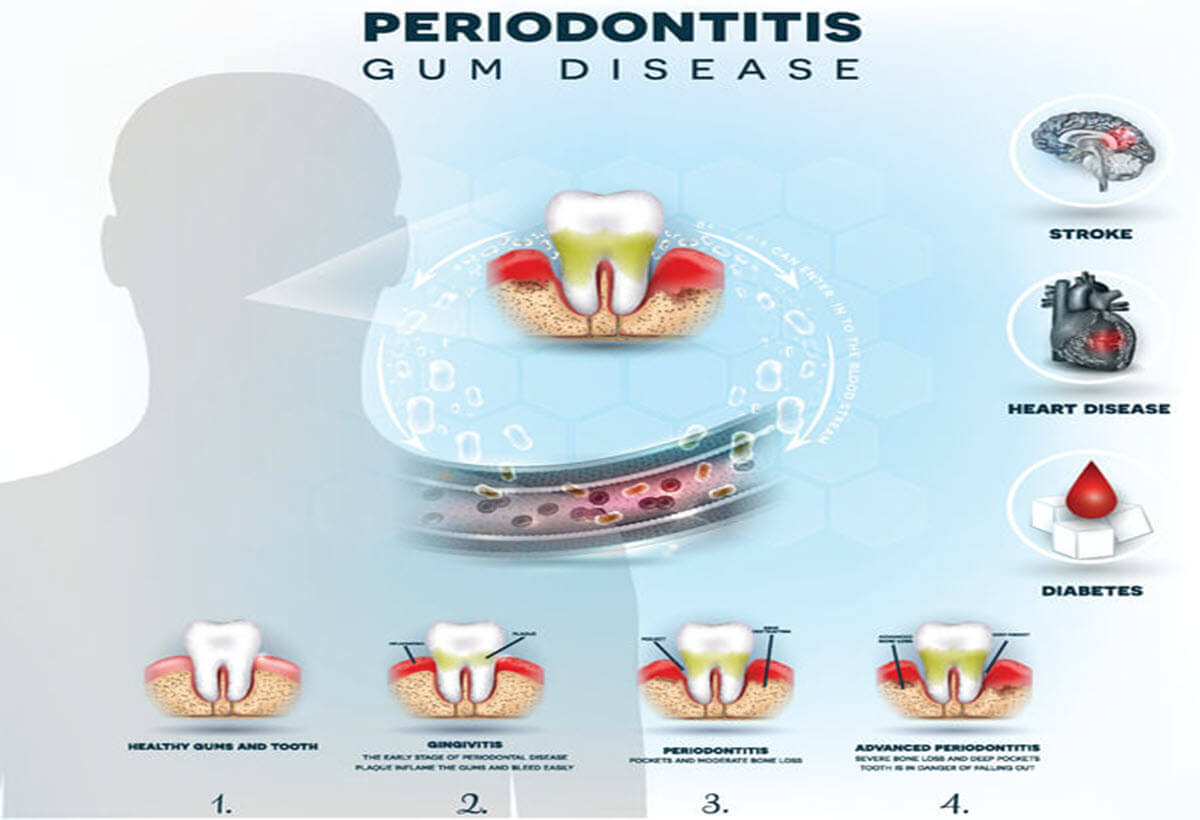There’s the perception that gum disease just affects the older population of Manhattan and that it really only strikes people of advanced age that have extremely poor dental hygiene. The truth? The Centers for Disease Control and Prevention (CDC) has found that almost half of Americans aged 30 or older have some form of gum disease.
Incidents of periodontal disease (gum disease) do increase with age, but gum disease can start at any time. Most people do not begin to show signs, however, until they are in their 30s or 40s. It is also more common for certain demographics:
- Men (56.4%) vs. Women (38.4%)
- Those living below the federal poverty level (65.4%)
- Those with less than a high school education (66.9%)
- Current smokers (64.2%)
Other factors that can put New York City residents at risk of developing gum disease include diabetes, stress, AIDS, certain medications, and even female hormonal changes. Sometimes, it can even just be in your DNA, as genetics can play a role in determining who gets gum disease and who does not.
What Causes Gum Disease to Develop?
Gum disease begins with plaque that stays on your teeth for too long. Plaque is generally removed by regular brushing and flossing, but if it stays on the teeth longer than 2 or 3 days, it can turn into tartar, which hardens under your gum line. Once tartar forms, only a dental professional can remove it.
Plaque and tartar inflame and irritate the gums. Once this begins — you’ll usually notice your gums are swollen, tender, and/or bleeding, especially after brushing or flossing — you are in the beginning stages of gum disease, called gingivitis.
If left untreated, pockets can develop between gums and teeth; those pockets fill up with more plaque, tartar, and bacteria. At this point, you are in the advanced stages of gum disease, which is called periodontitis. The more the gum disease advances, the deeper infections can go, which can even cause loss of tissue and bone and eventually, teeth.
What You Can Do to Fight Gum Disease
If you are in the early stages of gum disease, or you do not have gum disease yet, be sure to brush your teeth twice a day and floss regularly. Keep your regularly scheduled dental cleaning appointments and do not smoke. You may also want to visit a periodontist, who can perform scaling and root planing procedures using a perioscope, which cleans the gum pockets thoroughly.
If your gum disease has become more advanced, you should see a periodontist, like Dr. Scott O. Kissel in Manhattan New York. Dr. Kissel specializes in personalized solutions for patients and will walk you through options to treat your gum disease or the effects of gum disease like tooth loss. Treatment at Dr. Kissel’s office includes the most innovative and advanced periodontal procedures and microsurgical techniques.
Take control of the health of your gums and fight the effects of gum disease. If you do develop gum disease, Dr. Kissel offers a variety of non-surgical treatments as the first line of defense. These may include microscope-assisted scaling and root planing with LANAP. In LANAP, Dr. Kissel uses gentle pulses of laser light to destroy bacteria and diseased tissue. He also breaks up tartar deposits in the gumline and uses techniques to encourage reattachment of gum tissue and bone regeneration. There is no cutting or sutures involved.
Dr. Kissel will only recommend surgery when absolutely necessary. Consult with New York gum disease expert Dr. Scott Kissel for the best in preventive periodontal care. Schedule your consultation today at his Manhattan periodontal office between E 52nd St. and E 53rd St.
